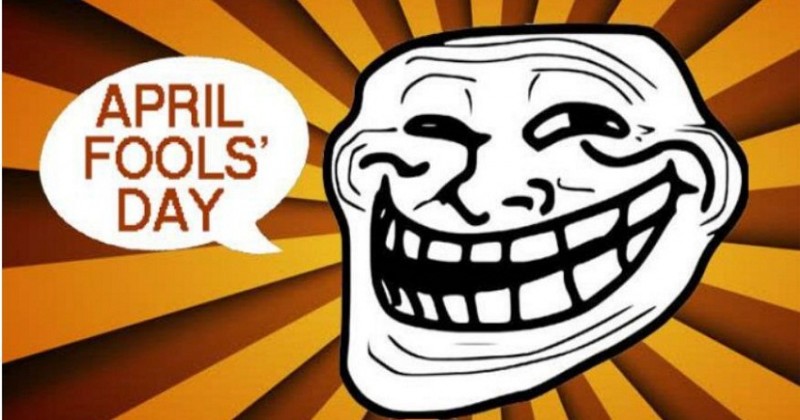
April Fool's Day, celebrated on April 1st each year, is a day filled with pranks, jokes, and light-hearted fun. But have you ever wondered why we celebrate this peculiar holiday? Here are 10 interesting facts about April Fool's Day that shed light on its origins and traditions:
Ancient Beginnings: The exact origins of April Fool's Day are uncertain, but it's believed to have started in various cultures centuries ago. Some historians trace it back to ancient Roman festivals such as "Hilaria," celebrated at the end of March, where people engaged in games and masquerades.
Change of Calendar: In the 16th century, France switched from the Julian calendar to the Gregorian calendar, moving the start of the new year from April 1st to January 1st. Those who continued to celebrate the new year in April were dubbed "April fools" and became the subject of pranks and ridicule.
Festive Atmosphere: April Fool's Day provides an opportunity for people to engage in harmless pranks and practical jokes, fostering a spirit of playfulness and laughter among friends, family, and coworkers.
Global Celebration: While April Fool's Day is widely celebrated in Western countries, similar traditions of prank-playing can be found in various cultures around the world, each with its own unique customs and folklore.
Media Hoaxes: Over the years, media outlets have embraced April Fool's Day as an opportunity to play elaborate hoaxes on their audiences. From fake news stories to outlandish product launches, these pranks often blur the line between fact and fiction.
Corporate Pranks: Companies also get in on the fun by launching creative marketing campaigns and product announcements designed to trick or amuse consumers. These April Fool's Day pranks can range from clever advertisements to fake product releases.
Historical Hoaxes: Throughout history, there have been several notable April Fool's Day hoaxes that have captured the public's imagination. One famous example is the BBC's 1957 broadcast of a documentary about spaghetti trees, which prompted numerous viewers to inquire about how they could grow their own.
Superstitions and Traditions: In some cultures, April Fool's Day is associated with superstitions and traditions. For example, in Scotland, pranks are only played until noon, after which the prankster becomes the "April fool."
Internet Era: With the rise of the internet, April Fool's Day has taken on new dimensions, with social media platforms and websites joining in the fun with fake announcements and online pranks that can quickly go viral.
Community Bonding: Ultimately, April Fool's Day is about fostering a sense of community and shared laughter. Whether it's pulling a harmless prank on a friend or enjoying the creativity of a clever hoax, the holiday reminds us to embrace the lighter side of life.
April Fool's Day is a lighthearted celebration that has evolved over time, drawing on ancient traditions, historical events, and modern innovations. It's a day when we can all come together to share a laugh and appreciate the joy of playful deception. So, on April 1st, don't be afraid to let your mischievous side shine and join in the fun of April Fool's Day!